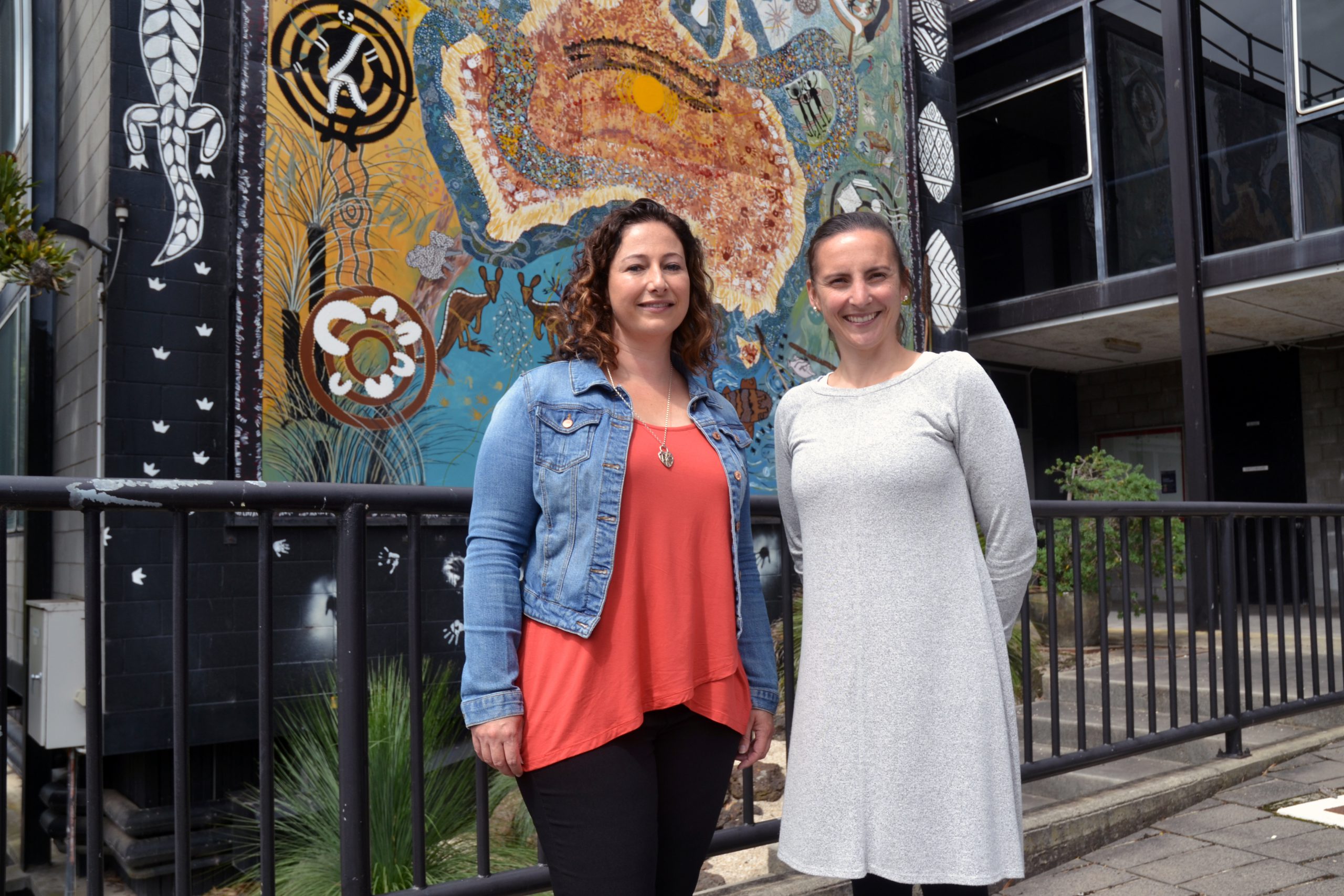Kate Withers
Among the 470 new faces on campus at Federation University were two particularly bright-eyed members of its latest cohort.
First-year student Jessica Alexander and lecturer Doctor Anne Baker form part of the new bachelor of occupational therapy contingent at the Gippsland campus in Churchill.
“I’ve worked in the health industry for a while, I’m a remedial massage therapist and I currently work at West Gippsland Health Group as an allied health assistant and I just wanted to take the next step in my career,” Ms Alexander said.
“Fed Uni opening up the course he has made it viable for me due to family commitments, I couldn’t have travelled down to Melbourne to do it.
“I really want to work locally at Latrobe or preferably West Gippsland Health … it’s a great place to work and live so I want to stay in the area. This course offers a rural component to it as well which important to me because I do want to stay rural and obviously being the location close to home.”
The course will place a special focus on occupational therapy in rural and remote settings and students will undertake more than 1000 hours of work placement in local hospitals, clinics, community health services, aged care facilities and vocational rehabilitation centres.
Three new lecturers will deliver the occupational therapy program, with a fourth to start later in the semester.
Doctor Anne Baker, who grew up in Mirboo North, has been living and working in Melbourne for the past 15 years but relished the opportunity to return home as a lecturer.
“I saw that the new program was starting up … and it was such a good opportunity to be able to come home, contribute to the local area and to produce and help generate the next generation of OTs for the local area,” Dr Baker said.
“There’s lots of OT courses around the state but in this area it’s particularly important because there’s nothing else in the region, so I guess (it’s) two-fold.
“Firstly for the students, so we’ve just met our 22 students and many of them are from the local area so they’ve been able to stay (here) … but it’s also really important for the profession of occupational therapy because clinicians who work in the area now have access to the university and professional development opportunities.
“What we know is it’s really hard to retain people who perhaps aren’t from this area, so by allowing students to study here – of course they could go work all around the world – but what we know is that they’ll probably come home at some point and be able to provide occupational therapy services here.”
To support the delivery of the occupational therapy program, $5 million has been set aside to develop specialist allied health laboratories and teaching spaces at the Gippsland campus.
“It’s great, and this is in direct response to industry need and work skill shortages, and that’s one of the key things that as a university we want to do in terms of making sure we’re offering programs and courses that are relevant,” head of campus Leigh Kennedy said.












